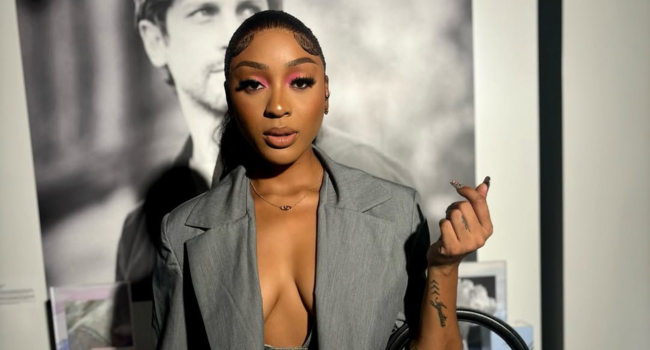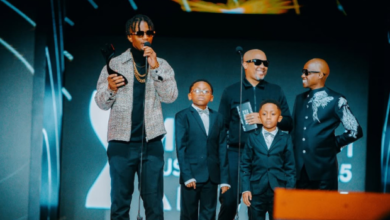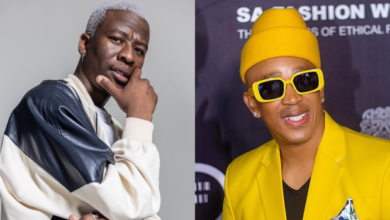Nadia Nakai Weighs In On The Rise And Fall Of Amapiano Artists

Nadia Nakai Weighs In On The Rise And Fall Of Amapiano Artists. In the latest episode of Conversations with Nadia Nakai and Tshego, the two artists got candid about the rapid rise and often equally swift disappearance of Amapiano artists, sharing their insights on what they believe is fueling the phenomenon and what’s missing from the current scene.

Nadia Nakai, known for her sharp observations and unfiltered honesty, started the discussion by reflecting on the changing dynamics in South African music spaces. “What I’m trying to say is that it’s no longer the same when you walk into spaces with Phori (DJ Maphorisa), Kabza De Small, or Daliwonga. The only person I feel like is at a superstar level right now in the actual space is Focalistic,” Nadia explained, referencing the shift in how Amapiano artists are perceived in comparison to the golden era of Hip Hop.
Tshego, ever the provocateur, quickly steered the conversation towards solutions. “Okay, so let me ask you a question: what do you think needs to happen to get back to what it should be?”
Nadia didn’t hesitate to offer her take on the matter. “I don’t know, but I can tell you what I think the problem could be,” she said thoughtfully. According to her, the Amapiano genre’s rapid production cycle is contributing to the disconnect between artists and their fans.
“The problem could be that a lot of Amapiano artists are churned out too quickly. You can’t even attach yourself to them anymore. You can’t—okay, ‘Riky you know Bianca because you actually know everything about Riky, not just his music.’ But with these Amapiano artists, they come out with a hit, then disappear, then another one comes in, and they disappear too. The fan can’t even attach to the person beyond the music.”
The conversation then shifted to the idea of Amapiano artists’ ephemeral fame. Tshego asked, “So whose problem do you think it is, in terms of these Piano artists coming in fast and leaving fast?”
Nadia, ever insightful, responded with a deeper perspective. “I feel it’s actually the type of music they’re making and the way it’s churned out so quickly. It’s all about instant gratification now. There’s a song I produced yesterday, it’s out today, it’s a hit, there’s a dance challenge now. Our attention span on TikTok has decreased, so we don’t even listen to full songs anymore,” she explained. “But Piano songs, they’re like six minutes long, and there are 19 people on it. How can I attach myself to this person? And then I have a question: Dali Wonga sounds like Sir Trill. Is this Daliwonga or is this Sir Trill? I don’t even know what’s going on anymore.”
She continued, “Okay, you’re dating somebody, can I know who you’re dating? You become a superstar when there’s more talk about you other than the music. That’s called pop culture. I want to know more about you beyond the music. But these Piano guys are just focusing on the music.”
Tshego nodded in agreement, recognising the truth in Nadia’s words. The conversation shed light on the delicate balance between music and the personalities behind it, and how today’s digital culture, with its fleeting moments of fame, challenges the traditional ways of building lasting artist-fan connections.




